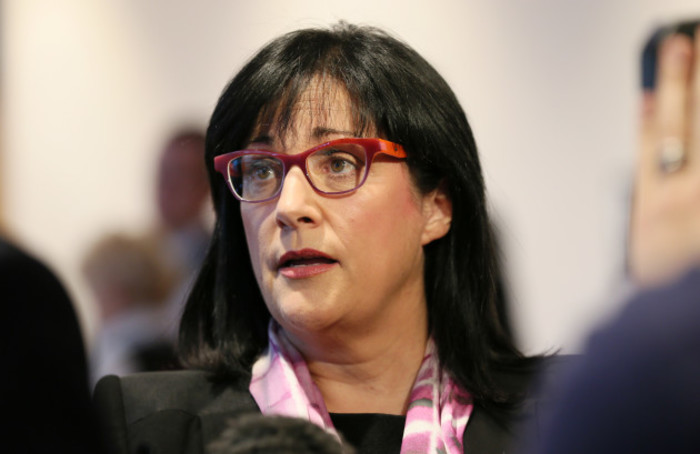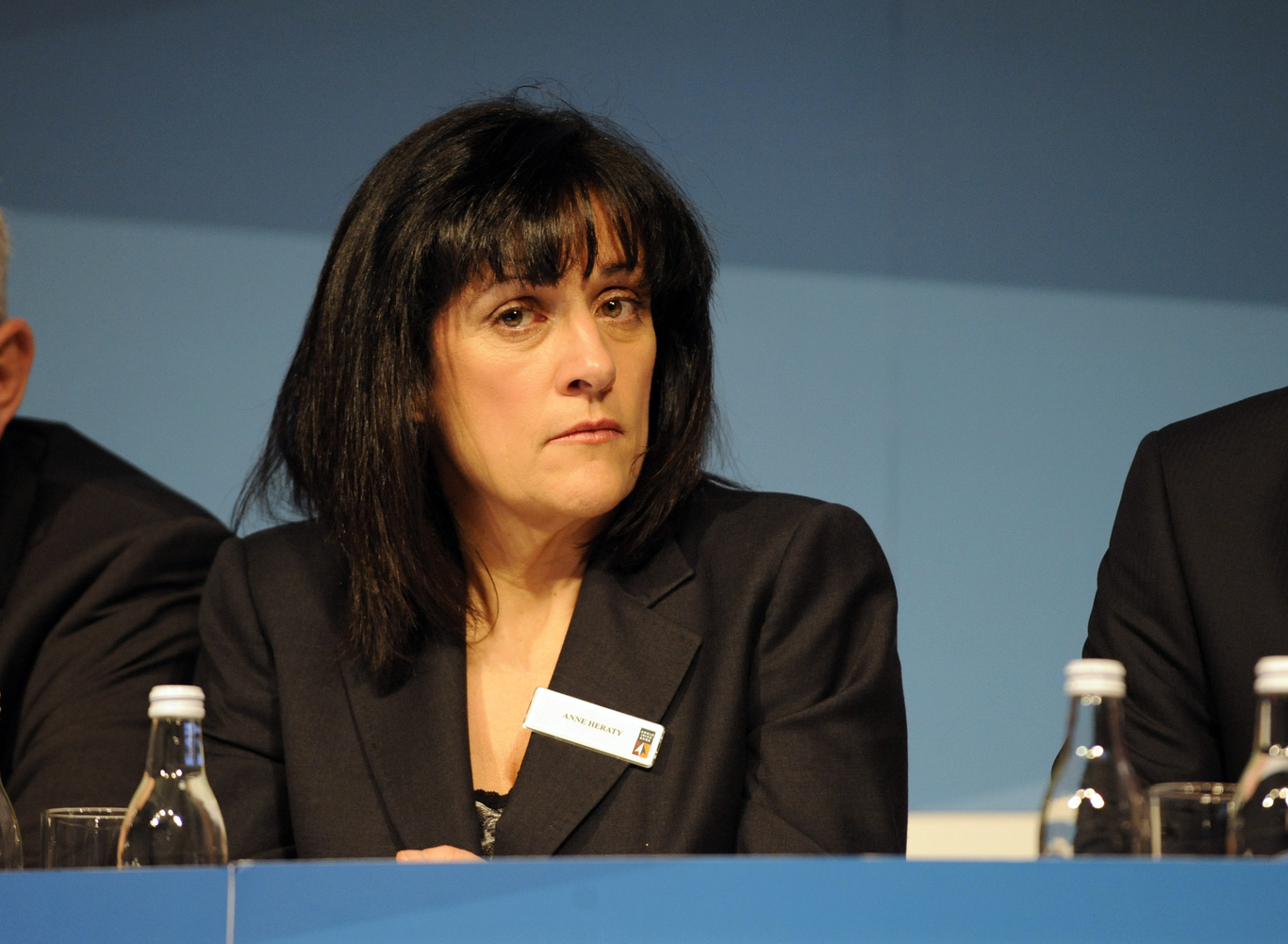Childcare costs 'leave no incentive for parents to join workforce' says one of Ireland's top CEOs
CPL boss Anne Heraty, who is also the president of business group Ibec, wants more women in work.
THE HIGH COST of childcare in Ireland is discouraging working parents, particularly mothers, from joining the workforce, according to one of the country’s top CEOs.
Anne Heraty is the founder and chief executive of recruitment firm CPL Resources, one of the country’s biggest companies which is also listed on Dublin’s junior stock exchange. She has just been appointed as the head of business lobby group Ibec.
Speaking at Ibec’s annual president’s dinner in Dublin yesterday, Heraty said that Ireland’s high marginal rate of tax, “combined with the high cost of childcare and the lack of affordable housing in many parts of the country”, can make life “very difficult for working parents”.
“Often one of them may feel forced to leave the workplace, and in reality this is mostly the mother,” she said.
“I am disappointed that Ireland is amongst the lowest performers in Europe for female participation in the workforce in the age group thirty and above.
“This is hardly surprising because when you factor in childcare costs in Ireland, a second family income is (significantly) diminished - leaving no incentive to participate in the workforce.”
 CPL chief executives Anne Heraty
CPL chief executives Anne Heraty
High childcare costs
Ireland has some of the highest childcare costs in the OECD, an issue that was recently highlighted by the National Competitiveness Council.
It said that childcare costs in Ireland “are the second highest and highest in the OECD for couples and lone parents respectively and are not offset, as in some other countries, by benefits in the form of subsidies (or) direct payments.”
Another recent survey by employer-comparison site Glassdoor also found that Ireland had one of the lowest workforce participation rates for women, relative to their male peers, finishing ahead of only Greece and Italy on the measure in the survey.
During her speech Heraty called for an increase in female participation in the workforce. She said it could help to alleviate some skills shortages, boost productivity “and realise the untapped potential that is available to businesses”.
University rankings
She also highlighted the recent slide of Ireland’s universities down international rankings. The study, compiled by QS World University Rankings, showed that Trinity College, the top-performing university in Ireland, fell 20 spots down to 98th place.
“As a country we need to be ambitious in our funding for the education system, particularly in higher education,” Heraty said.
“The recent and continuing decline in our university rankings is extremely disappointing, but understandable given the deep and damaging cuts suffered by the sector in recent years.
“We need to reverse this trend and aim higher. Why can’t we have a university in the top 50 in the world? We need to prioritise investment in education, housing, transport and childcare.”






